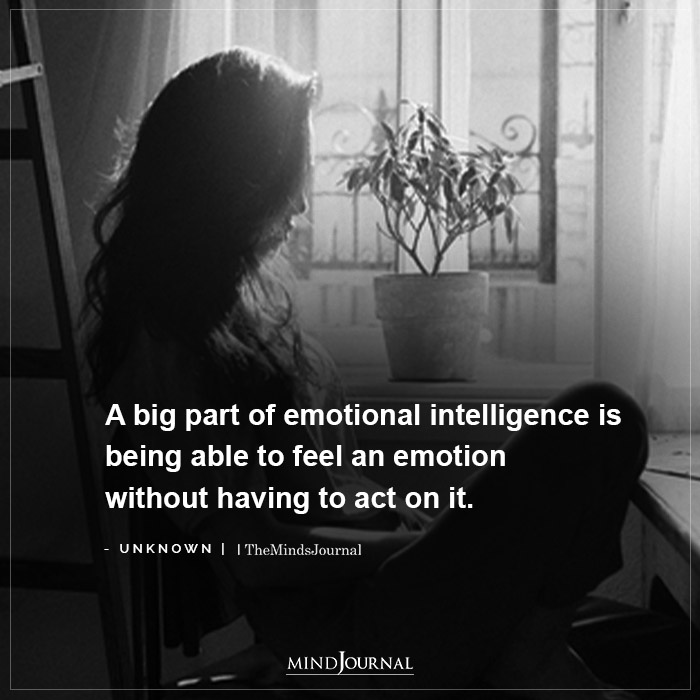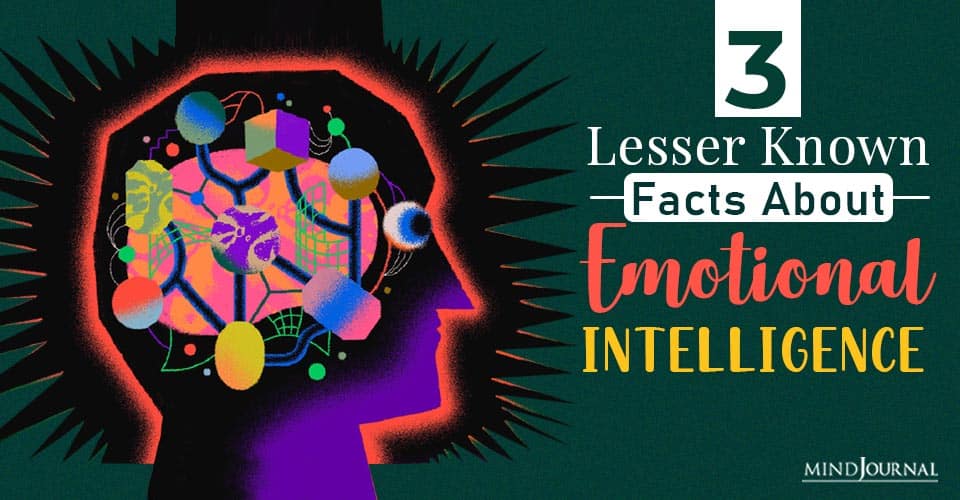We hear a great deal about the importance of emotional intelligence (EQ) in organizational settings. Although it is an incredibly popular concept, there are three common questions about EQ which, if addressed, could help move the organizational behavior field forward. First, can you accurately assess EQ? Second, what are the dimensions of EQ? And finally, can EQ be improved?
KEY POINTS 1. Ability-based emotional intelligence can be assessed using objective tests. 2. The four dimensions of ability-based EQ are similar to, but different from, the four emotional intelligence skills. 3. Emotional intelligence skills can be improved, but whether we can improve ability-based emotional intelligence is to be determined.
Assessing emotional intelligence
EQ entails the ability to carry out accurate reasoning about emotions and the ability to use emotions and emotional knowledge to enhance thought. This is a tricky construct, as it intertwines both emotional and cognitive systems.
Those higher in EQ are not only self-aware of their emotions but also capable of self-regulating such that they use that emotional-laden information to make behavioral adjustments. This multi-step cognitive process is an ability and, in turn, is labeled as a form of intelligence.

Ability can only be accurately assessed using some form of objective comparison. Asking a participant to self-rate the extent to which they are emotionally intelligent will not suffice. By definition, those lower in EQ aren’t capable of accurately rating this ability (i.e., underestimation or overestimation), making it challenging to properly evaluate its reliability and validity.
Relatedly, asking individuals to rate the extent to which someone else (e.g., a colleague, subordinate, supervisor) is emotionally intelligent is also flawed. We can only accurately rate the observed behaviors of others—the outcomes of emotional intelligence—which could be caused by a variety of alternative factors.
EQ as an ability is objectively evaluated such that performance on specific tasks can be compared against an overall population. One well-validated example is the Mayer-Salovey-Caruso Emotional Intelligence Test (MSCEIT), which gives participants an assortment of visual tasks that map onto specific dimensions (see the next section below). The tasks are then scored as being correct or incorrect based upon comparisons to the normative sample (i.e., the general consensus method).
Read 16 Signs Of Low Emotional Intelligence
Takeaway #1: To date, the best approach to accurately assessing EQ is using an objective, test-based format.
The dimensions of emotional intelligence
There are two primary EQ frameworks circulating the infosphere. The first, created by Mayer and Salovey, identifies four dimensions (also referred to as facets or branches) of EQ as an ability. These four dimensions include perceiving emotions, facilitating thought, understanding emotions, and managing emotions.
The second framework identifies the four “skills” of emotional intelligence. The four skill-based dimensions of EQ include self-awareness, social awareness, self-management, and relationship management.
The differentiation between abilities and skills is important. Abilities entail the qualities of being able to do something. Skills are more applied and behavioral in nature and can be developed over time. The benefit of the ability-based EQ framework is that it is conceptually sound and can be objectively assessed. The challenge, however, is that it is unclear whether it can be improved through interventions.
The benefit of the skill-based EQ framework is that it is more behavioral in nature, making it easier to pinpoint certain activities that might influence future cognitions and/or behaviors. The challenge here is that its conceptualization is less clear (i.e., cognitive and behavioral manifestations of an emotional and cognitive concept) and, in turn, might be confounded with alternative constructs.
The four dimensions of ability-based emotional intelligence
1. Perceiving emotions
The ability to identify emotions in self and others. This dimension is fundamental to the remaining dimensions, as it entails self-awareness and other awareness of emotions that can then inform self-regulatory capacities.
2. Facilitating thought
The ability to understand how emotions can be used to communicate information and, in turn, use that understanding in ways that are context-appropriate. This dimension addresses the idea that it is not enough to be aware of emotions; we must also understand what they mean and how they manifest in unique situations.
Read 11 Typical Behaviors That Emotionally Hurt People Display Unknowingly
3. Understanding emotions
The ability to comprehend how emotions combine and transition and to understand the meaning of such combinations and transitions. This dimension acknowledges that emotions are multi-faceted and fleeting and that some individuals are more adept at understanding these complexities.
4. Managing emotions
The ability to regulate how one’s emotions surface during interactions with others. This dimension is important in that it directly situates the awareness and self-regulatory processes specific to emotions within social settings.
The four emotional intelligence skills
1. Self-awareness
You recognize your emotions and how they are connected to your thoughts and behaviors.
Read The Johari Window: How To Build Self-Awareness and Achieve Success
2. Social awareness
You recognize the emotions of others. This manifests as being more empathetic, such that you recognize the needs of others. It can also manifest as being attuned to the socio-cultural dynamics of situations.
3. Self-management
You are able to manage your emotions in ways that are healthy and situation-appropriate. You are able to separate stimulus from response such that you can choose to respond to stimuli in ways that are most appropriate.
4. Relationship management
You are able to develop and maintain relationships with others. You understand emotions well enough to make good decisions when communicating, influencing, and managing conflict.
Takeaway #2: Ability-based EQ and EQ skills are different constructs.
Emotional intelligence skill development
The theory behind EQ skill development is that individuals can proactively think about and act upon the behaviors that allow them to enhance their ability-based EQ. The exercises below are regularly recommended among proponents of skills-based EQ. Note that there is little evidence directly connecting EQ skill development to ability-based EQ. Nonetheless, each of the exercises below is associated with heightened self-awareness and self-regulatory capacities, outcomes that are associated with ability-based EQ.
1. Journal
Conduct a daily reflection on your own emotions and your perceptions of others’ emotions. Then consider what you could have done differently to optimize your interactions with others based on those understandings.
Read How to Develop Self Awareness: 9 Must-See Tips for a Better Life
2. Meditate
Activities such as mindfulness mediation have proven to help individuals become more aware of their emotions. Additionally, such activities are thought to help individuals create more “space” between a stimulus and their response, which increases the likelihood of having an appropriate response.

Read 7 Informal Meditation Practices: How To Meditate Without Meditating
3. 360-degree assessment
Solicit feedback from peers, supervisors, and subordinates on your strengths and opportunities for improvement. This will help ensure you fully understand whether you are successfully navigating socio-cultural norms.
4. Create opportunities for external feedback
Consider enrolling in a leadership certificate program or signing up for leadership/executive coaching. High-quality instructors, facilitators, and coaches can apply evidence-based approaches to deepen your self-reflective capacities. Additionally, obtaining third-party assistance can help cut through the biases and political concerns of undergoing such development within an organizational setting.
Takeaway #3: Participating in EQ skills development is likely to increase some of the correlates of ability-based EQ.
Concluding thoughts on emotional intelligence
Perhaps one of the most important steps of social science is constructing definition. Things get messy when conceptualization is loose, and dimensionality is unclear. My hope is that this article helps clarify some of the most common questions about EQ and, in doing so, helps future researchers and practitioners make sound decisions for advancing their initiatives.
Written by: Scott Dust Originally appeared on: Psychology Today Republished with permission










Leave a Reply